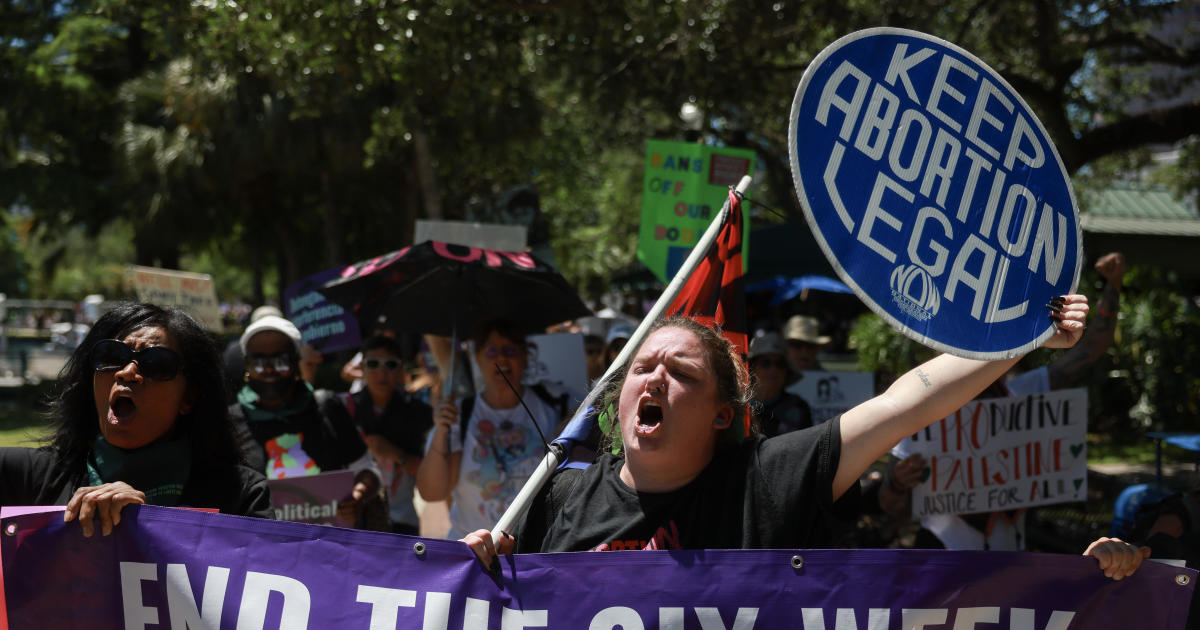Florida health regulators have issued a new rule clarifying exceptions to the state’s six-week abortion ban, detailing the treatments allowed for certain medical conditions that jeopardize the health of the pregnant woman and fetus. The rule specifies that treatments for conditions like ectopic pregnancy and trophoblastic tumor are not considered abortions. It also clarifies that inducing delivery to treat premature rupture of membranes, resulting in the fetus not surviving, is also not considered an abortion. These conditions can occur after six weeks gestation and pose immediate dangers to the health of women and unborn children if not promptly treated.
Florida’s six-week ban was signed into law by Governor Ron DeSantis last year, but did not take immediate effect as the state supreme court considered a challenge to a separate measure prohibiting abortions after 15 weeks of pregnancy. The Florida Supreme Court upheld the 15-week ban in April, allowing the more restrictive six-week law to take effect. The ban includes exceptions in cases of rape, incest, and human trafficking up to 15 weeks of pregnancy, as well as allowing termination of pregnancy to save the life of the mother or prevent serious risks of physical impairment.
Since the U.S. Supreme Court overturned Roe v. Wade in June 2022, 14 states have outlawed abortion with limited exceptions, while seven ban abortions in the first 18 weeks of pregnancy. Many physicians in states with stringent abortion restrictions have struggled to navigate narrow exceptions to the bans. The new rule from Florida health regulators aims to safeguard the health, safety, and welfare of pregnant women and unborn babies during medical emergencies, addressing the immediate danger posed by certain medical conditions that may arise after six weeks gestation.
The Florida Agency for Health Care Administration initiated the rulemaking to combat disinformation and misinformation perpetuated by the media, Biden administration, and advocacy groups, accusing them of a “deeply dishonest scare campaign” to misrepresent the state’s abortion law. The emergency rule is deemed necessary to ensure that pregnant women receive timely and appropriate medical care in cases of medical emergencies that threaten their health and the health of the fetus. Despite the exceptions outlined in the law, supporters of abortion rights have expressed concerns that the six-week ban effectively functions as a near-total ban on abortion, as many women may not realize they are pregnant until after six weeks gestation.
With the changing landscape of abortion laws across the country following the Supreme Court’s decision, access to abortion has become increasingly limited in many states. Physicians and healthcare providers are facing challenges in navigating complex restrictions and exceptions to abortion bans. The Florida rule clarifying exceptions to the state’s six-week abortion ban aims to provide clarity and guidance for medical professionals in treating certain medical conditions that may arise after six weeks gestation, ensuring that pregnant women receive the necessary care to safeguard their health and well-being.









